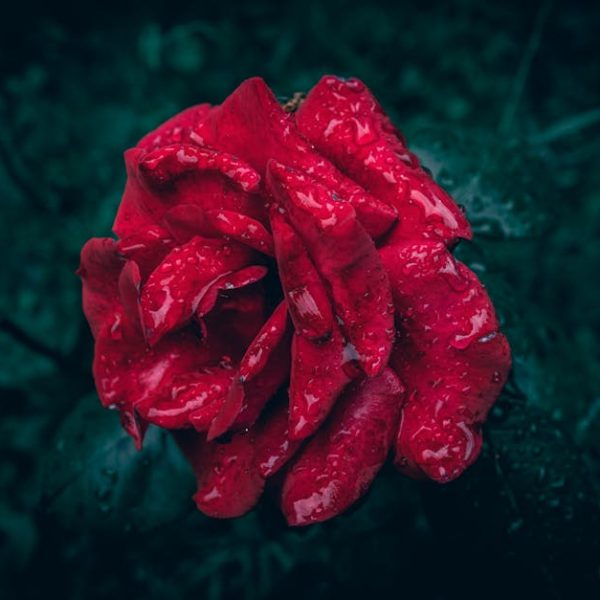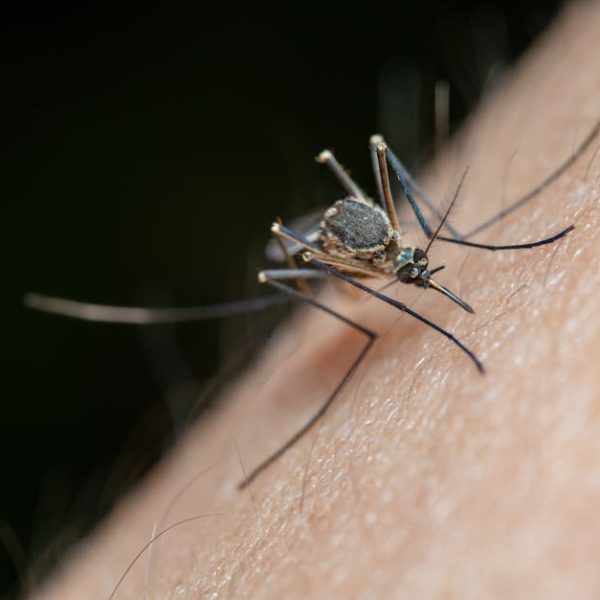Neem oil is a vegetable oil extracted from the fruits and seeds of the neem tree, an evergreen native to the Indian subcontinent. Traditionally, it has been used in medicine, beauty routines, and agricultural practices because of its medicinal properties. For our context – gardening, let’s dive into the properties of neem oil that make it special for plant care.
Neem oil comprises various compounds beneficial to plants, like nimbin and azadirachtin. Azadirachtin, in particular, plays a vital role in warding off harmful insects that plague gardens.
Pro Tip : Azadirachtin works by disrupting the life cycle and feeding patterns of insects, making it an effective, natural insecticide.
Benefits of Neem Oil for Roses
Roses, though stunning, are susceptible to a host of pests and diseases. Neem oil works wonders for rose care by acting as a natural insecticide and fungicide, reducing the dependance on harmful chemical alternatives. Besides pest control, neem oil can also improve the overall health and aesthetic appeal of your roses.
- Beetles
- Aphids
- Black Spot fungal disease
These are just a handful of common issues that plague roses and can be effectively combated using neem oil.
Best Practice : For optimal results, spray neem oil solution during the cool hours of the day as high temperatures can cause leaf burn.
Potential Risks of Using Neem Oil on Roses
While neem oil has myriad benefits, it’s crucial to apply it properly to avoid potential risks, as some conditions may lead to plant harm. In some cases, leaves may experience burn or plant growth might be stunted.
Watch for these signs of potential negative reaction in roses:
- Yellowing leaves
- Wilting stems
- Slowed growth
Pro Tip : To mitigate any potential issues, try changing the time of application, reducing the frequency of use, or diluting the formulation further.
Instructions for Applying Neem Oil to Roses Safely
Proper and safe application of neem oil to your roses means factoring in the right time, quantity, and method of application.
- Supplies needed: Neem oil, water, a spray bottle, and a dropper or teaspoon for measuring the oil.
- Best way to apply: Mix neem oil with water in the spray bottle (1 teaspoon of neem oil to 1 quart of water should suffice).
- Apply the mixture: Spray the solution on all parts of the plant, making sure to cover the tops and bottoms of leaves, stems, and buds.
Ensure every step is done right, as inaccurate measures might reduce the effectiveness of the product or even harm your plants.
Comparison Table
| Method | Pros | Cons |
|---|---|---|
| Spraying | Easy application and coverage | Requires frequent reapplication |
| Direct application | Longer-lasting effect | No quick spread |
Continuation…
Maintaining the Health of Rose Plants Post Neem Oil application
After applying neem oil, your care for the roses doesn’t stop. In fact, the proper maintenance post-application aids in further enhancing the plants’ resistance against pest attacks and diseases. Proper care enhances the effect of neem oil and helps in maintaining the long-term health and beauty of your roses.
Best Practice : Water your roses regularly, without overwatering them, and prune them often to keep them healthy.
Visual difference between treated and untreated roses
| Treated with Neem Oil | Untreated | |
|---|---|---|
| Appearance | Bright-colored and fuller petals | Yellowing and wilting petals |
| Health | More resistant to pests and diseases | Prone to pests and diseases |
| Growth | Rapid growth and regular bloom cycles | Stunted growth and irregular bloom cycles |
In conclusion, neem oil is a safe and natural remedy for the common pests and diseases that often afflict roses. However, as with any treatment, it is essential to apply it correctly and consistently. Regular care and maintenance post-application can further promote the health and beauty of your roses. With neem oil, your roses will not only be healthier but also more vibrant and beautiful!
Key Takeaway:
- Neem oil is a vegetable oil extracted from the neem tree and has properties beneficial for roses.
- It acts as a natural insecticide and fungicide, reducing the dependency on harmful chemical alternatives.
- Neem oil can effectively combat common issues that affect roses like beetles, aphids, and black spot fungal disease.
- Proper application of neem oil is crucial to avoid potential risks, including the yellowing of leaves, wilting stems, and slowed growth.
- The impact of using neem oil can enhance long-term health, resistance against diseases, and the aesthetic appeal of roses.
Using neem oil for your roses doesn’t end at application. Be mindful to keep caring for your plants by watering and pruning them regularly. Over time, your vines will bloom healthier and more beautiful roses that you’ll enjoy cultivating for a long time. Whenever in doubt, remember your roses are resilient, and so are you!
FAQs
Q: Can neem oil be used for all types of roses?
A: Yes, neem oil can be used on all types of roses as it acts as a natural insecticide and fungicide.
Q: Do I need to apply neem oil to roses daily?
A: No, over-application of neem oil can harm the plant. It’s advisable to follow a weekly application routine or use it as needed.
Q: Can neem oil be used on roses throughout the year?
A: Yes, neem oil can be used year-round but it’s most effective during the growing season when pests are most active.
Q: Is it safe to apply neem oil on budding roses?
A: Yes, neem oil can be applied on budding roses to protect them from pests and diseases.
Q: Can I combine neem oil with other pesticides for my roses?
A: While neem oil can be mixed with other natural pesticides, it’s best to consult a plant or garden expert before doing so to avoid harming your roses.
We encourage you to share this article with fellow gardening enthusiasts and explore more posts on our website for additional insights.






